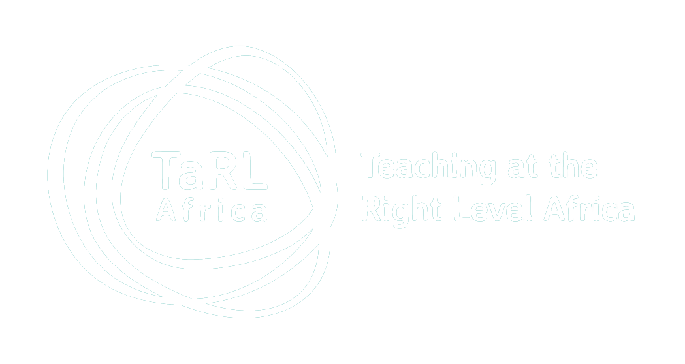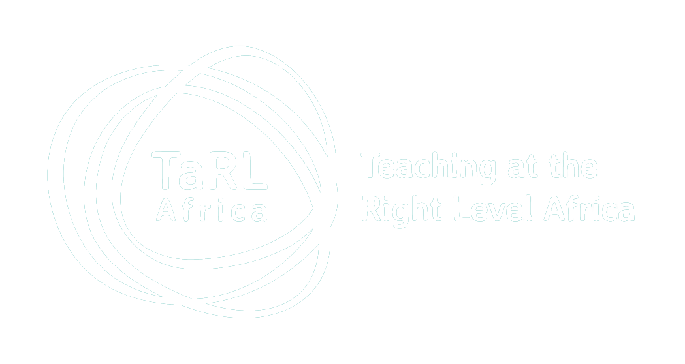
Children playing at a street learning corner. Photo: Street Child
Since the beginning of the Anglophone crisis in Cameroon in 2016, which led to instabilities and displacement, children have been worst affected by school closures in the country’s Northwest and Southwest regions. The most urgent issues are a shortage of secure learning spaces and qualified teachers, particularly those with training in the fundamentals of psychosocial and instructional materials.
Amid this humanitarian crisis is a man on a mission, trying to alleviate the suffering of learners who have been displaced due to conflict. Kingsley Udo is the Country program manager of Street Child Cameroon. Street Child is a non-profit organization that partners with other like-minded organizations to ensure that every child has access to education.
“Our work is to ensure children are safe, in school and learning, even when they are affected by a humanitarian crisis,” said Kingsley.
Kingsley Udo is proud to identify himself as a trained teacher. Interesting to note is that Education was not his first course of learning in school as he had pursued studies in various fields like petroleum engineering, environmental protection, and industrial safety. According to him, he still struggled to find a niche in the areas of his studies.
It was when he met a volunteer teacher in Gwoza, a local government area of Borno State, Nigeria, who was teaching children fleeing captivity by the Boko Haram (one of the largest Islamist militant groups in Africa), that his passion for teaching was ignited.
“We sat with the learners on the floor and tried teaching them correct pronunciation of English words. Her passion inspired me,” said Kingsley.
It was after his stay in Gwoza that he went back to Maiduguri and registered to become a teacher. After four years of training, he is now a certified teacher.
“I am proud to be a teacher and that is what stands out for me. A teacher in the classroom and a teacher beyond the classroom,” said Kingsley.
Kingsley, whose long-term goal is to become the best teacher in the world, encouraged the volunteer teacher who was working with children in Gwoza to enroll for her Nigeria Certificate in Education (NCE), which she did.
“She inspired me to become a teacher and in return, I paid for her to become a certified teacher. We sat in the same exam hall in Gwoza during our final year,” said Kingsley.
With a career spanning over 18 years, Kingsley is a renowned educationist. He recalls one of his senior managers recommending him to attend training organized by Pratham in Borno, Nigeria, about the Teaching at the Right Level (TaRL) approach. He turned down the offer and instead recommended his junior colleagues to attend the training.
“A week into the training, they shared what they were learning and I was excited. I wanted to join in but could not because I did not start from the beginning,” said Kingsley.
After a month of training, Kingsley’s colleagues became master trainers who now taught him about the TaRL approach. He rolled out TaRL in Gwoza, where he says both the teachers and learners were excited about a new methodology that was fun and helped children catch up.
“TaRL is totally different from the pedagogical approaches and classroom management training we are taught as teachers. Learners are free to write on the floor and even on the walls. Everything is resourceful for learning,” added Kingsley.
Teaching at the Right Level (TaRL) is an evidence-based approach pioneered by Pratham that moulds classroom instruction to a child’s learning level. The essence of the approach is grouping children according to their learning levels, focusing on foundational reading and mathematics skills, and targeting instruction to a child’s current level.
According to UNICEF, more than 855,000 children remained out of school in North-West and South-West Cameroon due to violence and insecurity. The learning crisis is exacerbated by pendular displacements, where families sporadically keep moving from one place to another due to security challenges.
“The learning gap is becoming wider for displaced children. Even though schools have reopened, families that have settled in the urban areas are not willing to go back to the communities due to fear. This has caused overcrowding in urban schools,” said Kingsley.
It is to this effect that various organizations in Cameroon pioneered an education pilot project which brought together five national-level partners to address the issues around children who have been affected by the crisis. One of the partner organizations to take part in the education pilot is Nkong Hill Top Association for Development (NADEV). NADEV works to improve the learning outcomes of children in the North West/ South West conflict regions of Cameroon through the “We Go Sabi” pilot project, which implements the TaRL approach to improve access to learning for conflict-affected children.
“13 teachers and headteachers were trained on TaRL and within seven weeks, 500 children who were mostly Internally Displaced children moved up at least one literacy and numeracy learning level. This shows that children have a hunger to learn,” said Kingsley.
According to Kingsley, parents have been impressed by the way their children have been able to learn in short periods of time. He says some of the children would keep their old books and would teach the younger children while they were in camps.
To widen its scope and scale up the TaRL approach for out-of-school learners, Street Child is pioneering the Street-to-school project in Cameroon that reaches out to street children.
“We started street learning corners with them. We used the TaRL assessment to gauge their learning levels and we got great feedback that will support the implementation of the TaRL approach in the Street2School project,” confirmed Kingsley.
The Street2School project is a non-formal education (NFE) program designed for children living in the streets whose education has been disrupted or requires additional support to adapt to learning in a new context.
“In Cameroon, the greatest challenge was the language of instruction. There are various variations of pidgin English; hence we settled on one variation of Pidgin to support in catch-up classes and initial literacy and numeracy programs,” added Kingsley.
Growing up, Kingsley confirms that his parents were teachers. Little did he know that his strict childhood upbringing would shape his leadership skills steering him to be a passionate teacher who is out to create great impacts in the community.
“I am happy seeing how we are impacting the lives of children,” said Kingsley.

